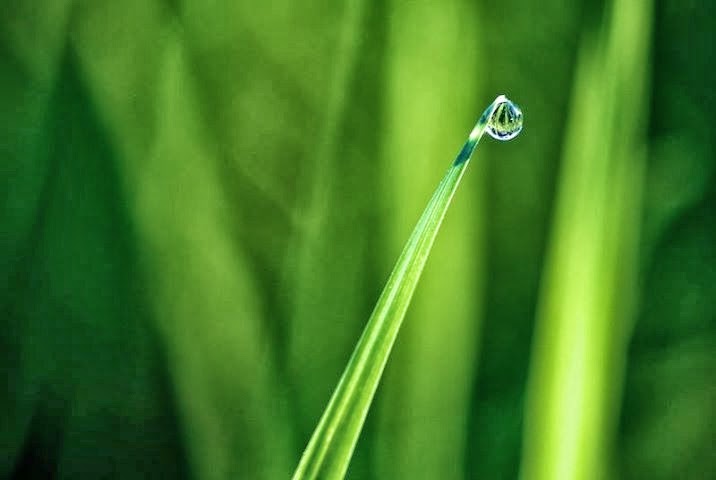Corrado Gnerre
Your magazine gives a lot of importance to the dimension of Beauty. It is a line that I approve of, but often – when I talk about it – I get objections regarding the futility of art. They tell me that Christianity must pursue a certain essentialism, otherwise it would be distracted from serving God and man. How can I answer these objections?
Dear …, many accusations have been made against “beauty”, especially in recent times. It is said that Beauty would make one indifferent to the most important issues and would take away value from the things towards which one should instead turn one’s attention.
But this is not so. Beauty – when it is true – is closely linked to the concepts of justice and morality. What does Beauty do? It gives expression to an abstract concept, making it perceptible to the senses. When one observes Beauty, the perception broadens and one is distracted from individual worries, but not only that. Attention tends to turn outwards (other than selfishness!), towards other human beings; and thus the contemplation of Beauty also becomes the contemplation of an “ethical” Beauty. Or, to put it more precisely, of a Beauty with ethical implications, that is, with implications in the moral behavior of those who experience it and those who taste it.
The Scholastica has always kept firm on the binomial truth-beauty. If only for the fact that the artist must still submit to a moral judgment. Now, what is more useful than the truth? And what is more “committed” and “socially important” if not the search and application of the truth? Intelligibility (that is, the possibility, even if only partial, of being known) is one of the transcendental properties of being. And among these there is also Beauty. True beauty does not close the doors to the other, but the opposite: it disposes us to the other, because it is anchored to a “center”. That famous “center” of which, for a certain modern and contemporary art, of which Hans Sedlmayr lamented the loss.
Of course, dear …, it is not enough to simply speak of “Beauty”, but it is necessary to indicate, of which “Beauty”. In fact, modern art and aesthetics – in part – and postmodern ones – totally – have moved away from this perspective and therefore have considered Beauty as an end in itself: a sort of closed cell not communicating with anything else and which would find, inevitably, the aesthetic foundation itself. And it is only because of this belief, that this idea could arise, according to which Beauty would be useless; and that it would be selfish with regards to whoever studied it and whoever sought it.
But there is still another point, dear … Those who say that beauty and works of art are useless do not realize that a belief of this type (that is, that art is useless) already demonstrates how much man reasons, how much he knows how to distinguish what is useful from what is useless, how different it is from the beasts that live only by following their own instincts. The animal does not need to contemplate Beauty. The animal does not know how to distinguish the beautiful from the ugly, because it does not know how to distinguish good from evil. Man, contemplating Beauty, refines his sensitivity. That is, he understands that his destiny is not only in time, in that which irremediably dissolves. The contemplation of Beauty makes us mysteriously aware that we carry a desire for eternity and, thanks to this desire, to recognize that our own nature is not only “animal”.
In short, man needs Beauty, he cannot do without it. His nature, which is not only corporeal but also spiritual, demands that he be passionate about what is beautiful and not just what is useful. If man could be satisfied only with what fills his belly, this question would not arise. But man is a great mystery. Man, even before satisfying the body, is called to a higher satisfaction. He realizes that there is nothing more convenient than contemplating Beauty. Leopardi says in Zibaldone: “Convenience to its end is that in which the beauty of all things consists, and out of which nothing is beautiful.” Contemplating Beauty, dear …, has its convenience. “Convenience” comes from the word “convenire”, which means “converge”. The contemplation of Beauty generates a convergence of moods that are finalized in the full realization of one’s existence.
(From La buona battaglia. Apologetica cattolica in domande e risposte, 2019©Chorabooks. Translated by Aurelio Porfiri. Used with permission of the publisher. All rights reserved)
(Photo: http://4.bp.blogspot.com/)


 Follow
Follow


